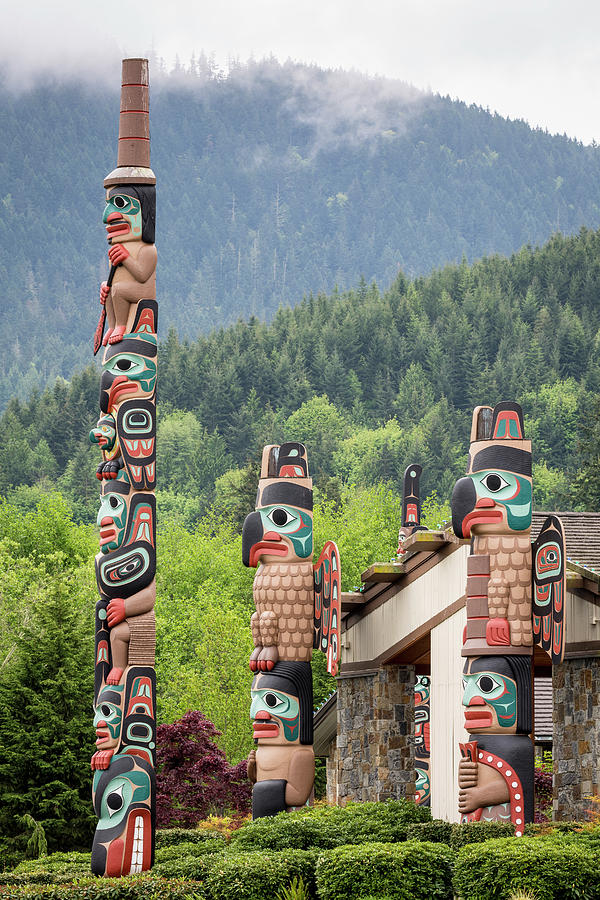Anger over Washington State net-pen ban

Commercial net-pen fish farming will be effectively banned in Washington State following an executive order from Commissioner of Public Lands Hilary Franz.
Washington, on the northwest Pacific coast of the USA, had already turned down applications to renew the leases for the state’s last two remaining net-pen fish farms, both operated by Cooke Aquaculture.
Hilary Franz’s announcement on Friday makes it clear that net-pen fish farming will not be permitted by Washington’s Department of Natural Resources (DNR) on state-owned aquatic lands, effectively closing down the industry permanently.
The order will align Washington’s net pen salmon aquaculture policy with policies already in place in Alaska, California, and Oregon.
Franz said: “As we’ve seen too clearly here in Washington, there is no way to safely farm finfish in open sea net pens without jeopardizing our struggling native salmon. Today, I’m announcing an end to the practice. We, as a state, are going to do better by our salmon, by our fishermen, and by our tribes.
“Commercial finfish farming is detrimental to salmon, orcas and marine habitat. I’m proud to stand with the rest of the west coast today by saying our waters are far too important to risk for fish farming profits.”
Cooke’s US west coast subsidiary issued a statement saying: “Cooke Aquaculture Pacific, was disappointed to learn that Washington’s Department of Natural Resources has opted to ignore science and prohibit commercial finfish net pen aquaculture on state-owned aquatic lands.
“The order is short-sighted, and the Commissioner’s position neglects extensive scientific analysis and judicial rulings, which found that there are no significant adverse environmental impacts arising from marine fish farming.”
Cooke added that since the collapse of a steel cage system on its fish farm at Cypress Island in 2017, the company “has worked collaboratively and transparently with regulatory agencies to identify areas of improvement and implement regulatory and monitoring processes to ensure that our operations meet and exceed the highest standards. The agencies have worked with Cooke to rework its permits, increase transparency into Cooke’s operations, and implement third-party oversight in the form of independent engineering reviews of our facilities.”
The company argues that the scientific analysis has shown that finfish aquaculture in Puget Sound is compatible with wild fish, and that it is a needed form of local food production and job creation, adding: “It is disheartening that these opportunities have been cast aside by DNR.”
The company concluded: “At this time, Cooke remains focused on our exceptional, hard-working employees in Washington State and how best to support them in light of this abrupt decision.”
Commissioner Franz said, when announcing the policy on Friday, that she had been in discussion with Cooke regarding land-based aquaculture. The company vehemently denies this and says that no meetings on this subject have taken place with the Commissioner.
In a parallel with the row over fish farming’s future in British Columbia, Canada, the indigenous community appears to be divided.
Supporting the Commissioner’s statement, Leonard Forsman, Chairman of the Suquamish Tribe said: “On behalf of the Suquamish people, I want to thank Commissioner Franz for listening to Tribes and others who place the health of the Salish Sea as their top priority.
“Ending commercial finfish farming in our ancestral waters is an important step towards protecting marine water quality, salmon populations, and the endangered Southern Resident Killer Whales. The impacts of commercial finfish farming put all of that at risk, and threatened treaty rights and ultimately our way of life and culture.”
Representatives of the Lummi Nation, Tulalip Tribes and Samish Indian Nation also spoke out in favour of the ban.
In contrast, W. Ron Allen, Chairman of, the Jamestown S’Klallam Tribe, which operates Salish Fish as a joint venture with Cooke, said the tribe: “…was seriously disturbed by the unilateral decision announced today.”
He added: “This action is an irresponsible denial of what science has proven: marine net pen aquaculture is safe for the environment and the most sustainable, climate friendly way to feed the world… today’s DNR announcement was political; crafted to placate ill-informed activist groups who refuse to admit the vast array of scientific studies show us that well-regulated aquaculture is not a threat to the environment, or wild salmon.”
He also noted that the Commissioner had chosen to overturn bipartisan legislation passed in Washington State that explicitly recognised a place for farming native species such as steelhead trout.
Allen concluded: “We urge the DNR to reverse this ill-informed order, follow science instead of politics and continue to allow well-regulated and environmentally safe marine net pen aquaculture in Puget Sound.”

Totems of the Jamestown S’Klallam Tribe, Washington State, USA

